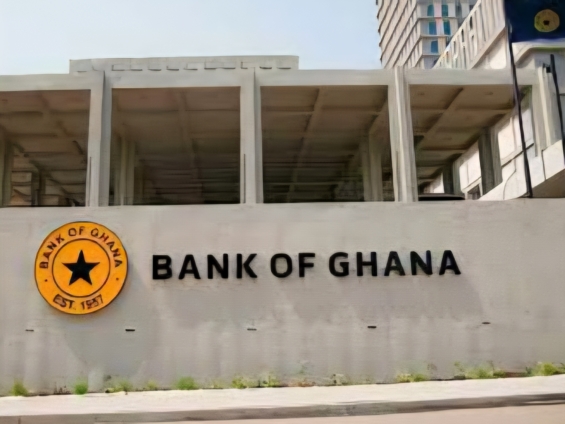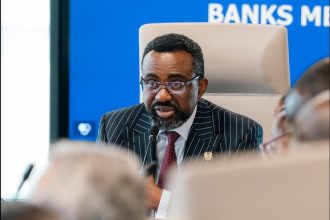The largest bank in Africa by market capitalisation, FirstRand Limited, will no longer finance new coal-fired power plants, the lender said on Wednesday, September 15, in its updated energy and fossil fuel policy.
From 2026 onwards, South Africa-based FirstRand will no longer provide direct project finance to new coal mines either, the bank said, as investor and societal pressure grows on the banking sector everywhere to rethink financing for fossil fuels.
FirstRand also pledged in its new climate policy to reduce the cap on its coal exposure further—from 1.5 percent to 1 percent of total advances from 2030 onwards.
“It is the long-term ambition of FirstRand to be net-zero by 2050 across operational and financed emissions (i.e. scope 1, 2 and 3 emissions),” the bank said in a statement.
Coal is still a major source of South Africa’s electricity generation. The country also exports a lot of coal and is the world’s fifth-largest coal exporter.
But banks worldwide have announced in recent years restrictions to their financing not only for coal projects but also for some forms of oil and gas extraction amid heightened investor pressure to shun fossil fuels.
Last year, for example, Deutsche Bank ended financing for new oil and gas projects in the oil sands and the Arctic region.
In the United States, Goldman Sachs said in December 2019 that it would decline to finance new Arctic oil exploration and production and new thermal coal mine development or strip mining. Wells Fargo and JPMorgan have also said they would stop financing new oil and gas projects in the Arctic.
The European Bank for Reconstruction and Development (EBRD) said this summer it would no longer invest in oil and gas exploration and production.
Earlier this year, UN Secretary-General António Guterres’ said that banks should finance low-carbon climate-resilient projects, not big fossil fuel infrastructure that is not even cost-effective any more.
READ ALSO: COVID-19 Could Boost Fossil Fuels, Slow Renewables In Emerging Economies
















